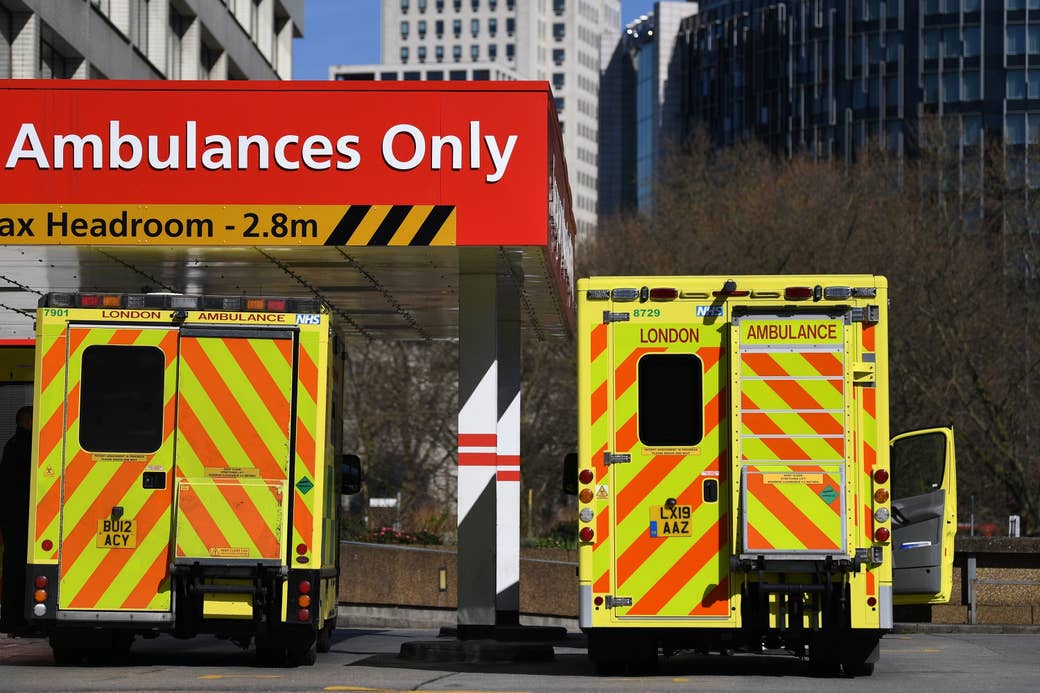
“I absolutely would not want anyone to get this,” Holly Sutherland, a linguistics graduate from Cambridge, told BuzzFeed News. “I'm 24, not in any of the risk groups, no relevant underlying health conditions, usually pretty healthy.”
There was, she said, “no reason I should have gotten it this bad”.
While the strongest official warnings about the risk from the coronavirus have been aimed at the over-seventies and those with other health conditions, people who are younger tend to believe that, should they become infected, it won’t be something that affects them that badly.
It’s perhaps not surprising that they think that because it’s a view that’s been encouraged by the UK government.
Speaking at a press conference two weeks ago, the chief medical officer for England, Chris Whitty, said the majority of those outside the elderly and vulnerable groups would “easily” be able to cope at home if they got COVID-19, the disease caused by the novel coronavirus, without needing the NHS at all.
“Some people will get it and will have no symptoms at all, they won’t even realise that they’ve had it,” he explained. “Of those who do have symptoms, the majority will have either a mild disease or a moderate disease, meaning they can easily manage it at home, without having to go to the NHS directly or indirectly in any other way.”
It was a message aimed at reassuring the public that has been repeated by prime minister Boris Johnson. "For the overwhelming majority of people who contract the virus, this will be a mild disease from which they will speedily and fully recover,” he has said.
Yet anecdotal evidence from the UK and data from the rest of the world suggests there are statistically significant numbers of younger people who have found the coronavirus a much tougher experience.
Most of the 422 people who have died in the UK so far had underlying health issues, but Labour MP and NHS doctor Rosena Allin-Khan told BuzzFeed News that she had seen cases of healthy young people in their thirties and forties needing intensive care in London hospitals. Allin-Khan called on the government to release more data on hospitalisations by age.
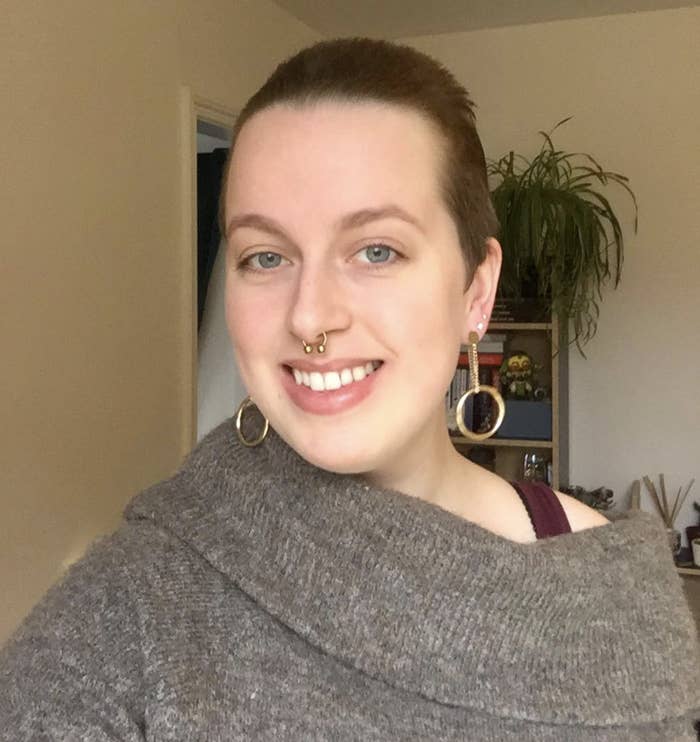
Sutherland, who said she is fit and healthy with no underlying conditions, had to call 999 when her symptoms became too severe to handle.
“I've been *very ill* for the past six days with Covid-19, and I'm *still ill*,” she wrote on Facebook on Monday.
“I got sick Tuesday evening with a cough and shortness of breath. It escalated quickly — I spent Friday and Saturday bedbound, because every time I stood up I got lightheaded enough I worried I would pass out, couldn't breathe, couldn't stop coughing, was practically hyperventilating because I couldn't physically get air into my lungs.
“My symptoms got bad enough that I was advised to call 999 by the NHS online service at one point on Friday, and was assessed by a (very kind, and very helpful) paramedic who told me that until I couldn't breathe *even when lying down*, until I was so short of breath I couldn't speak in full sentences, I wouldn't be hospitalised.
“She told me this whilst I was sat in bed, coughing and panting for a full thirty seconds after every sentence because talking to her was too much for my lungs to handle.”
Sutherland is on the mend, but said her symptoms are still extremely unpleasant.
“Even now, Monday, when I'm finally well enough again to sit at my desk for short periods of time, I still can't breathe properly, I'm still coughing. It feels like someone's stolen half my lungs, and every few minutes I have to take a deep gasp for air to try and fill them properly, rather than the shallow breaths I'm taking the rest of the time.
“Going up and down stairs is exhausting. Talking for more than five minutes leaves me wheezing and coughing. Standing up makes my head spin. I can just about manage sitting down, but even that exhausts me after about half an hour and I have to retreat back to bed.
“My ribs are in so much pain from coughing that I can't lie on my sides. I've been tasting blood sometimes when I cough for four days now, because my throat is raw from it. Medication has done virtually nothing to help.”
In the UK, the Department of Health, Public Health England, and NHS England do not yet release data about COVID-19 hospitalisations broken down by age. BuzzFeed News is told that this is because some patients have not consented to having information about their age released.
But other countries do publish more comprehensive data — and their statistics and case studies from hospitals suggest that, for many people who are not in the most at-risk groups, their illness has not been “mild or moderate”.
Around the time France was preparing to go into lockdown 10 days ago, more than half of the 300 coronavirus patients in critical condition were under 60.
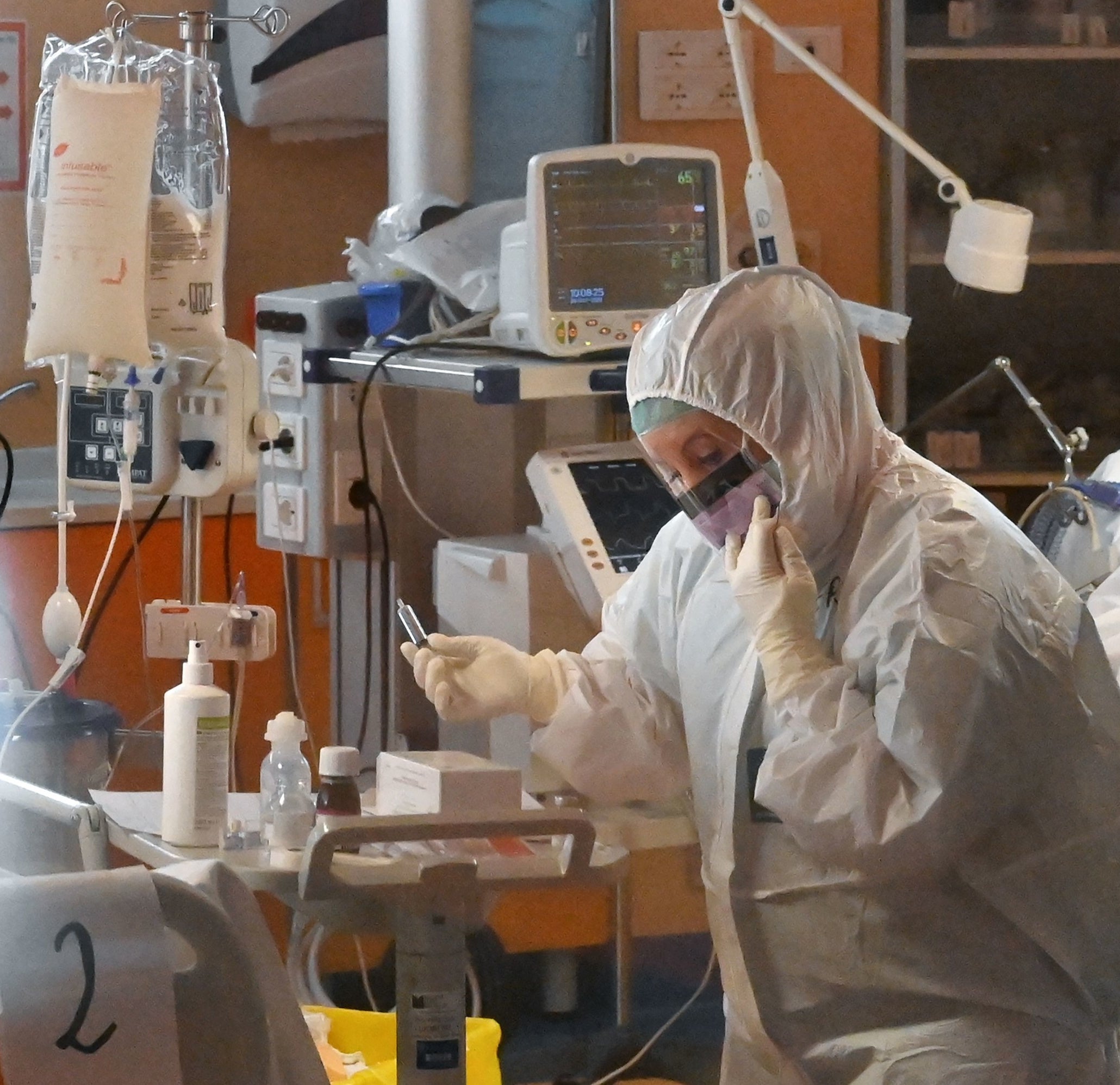
Although some 95% of deaths in Italy, the country in Europe hardest hit by the pandemic, have been among people over the age of 60, hospitals across the country — including in Bergamo, Veneto, Milan, and Abruzzo — have reported cases of young people in intensive care, though a minority in the context of the overall numbers.
“We even have 30-year-olds, some even younger than 30. A small number of cases, there is of course no comparison. We have cases in the resuscitation unit,” Massimo Galli, a doctor at a hospital in Milan, told Sky News earlier this month. "I am not saying this so that young people understand that they shouldn't consider older people as something that can be thrown away. I am saying that there are young people with very serious problems."
About a quarter of all positive cases in Italy are among people age 50 or younger.
In the Netherlands, about half of patients in intensive care are under 50 years old, according to the Dutch Association for Intensive Care (NVIC).
The New York Times reported this week that nearly 40% of hospitalised COVID-19 patients in the US are under 54 years old.
On Monday, 76 emergency physicians and nurses from hospitals in Miami signed an open letter giving a stark warning. “What we have seen in the emergency rooms in Miami confirms what is being reported in other American cities: young and otherwise healthy people are also becoming seriously ill from COVID-19,” they wrote. “This is not just a problem for the elderly and chronically-ill. It is a dangerous threat to all of us.”
In Australia, there have been reports of people in their forties and fifties needing intensive care. Melbourne newspaper the Age quoted a senior health care worker caring for critically ill coronavirus patients: "The majority will be older, but there will also be a minority of young people who will be very, very sick.”
And even young people who don't end up in hospital and have only mild or no symptoms at all could be contributing greatly to the spread of the disease, research and data from countries that have tested widely suggests.
In Iceland, which is mass-testing its population, nearly 40% of those who have tested positive are under 40. About 1% of people screened so far among the general population tested positive and were mostly without symptoms. Testing among the asymptomatic general population is being carried out by the biotechnology firm Decode Genetics, in parallel to testing by the island nation’s health authorities.
Iceland’s data is broadly in line with results seen in other countries and existing research. In the small northern Italian town of Vo, one of the communities where the outbreak first emerged, the entire population of 3,300 people was tested — 3% of residents tested positive, and of these, the majority had no symptoms, researchers said.
Most cases in Germany, which is conducting 160,000 tests a week, are among people between 35 and 59 years old, with the median age at 47, data from the Robert Koch Institute shows.
A study published last week in the magazine Science found that for every confirmed case of the virus, there are likely another 5 to 10 people with undetected infections in the community. The scientists, who based their model on data from China, reported that these often milder and less infectious cases are behind nearly 80% of new cases.
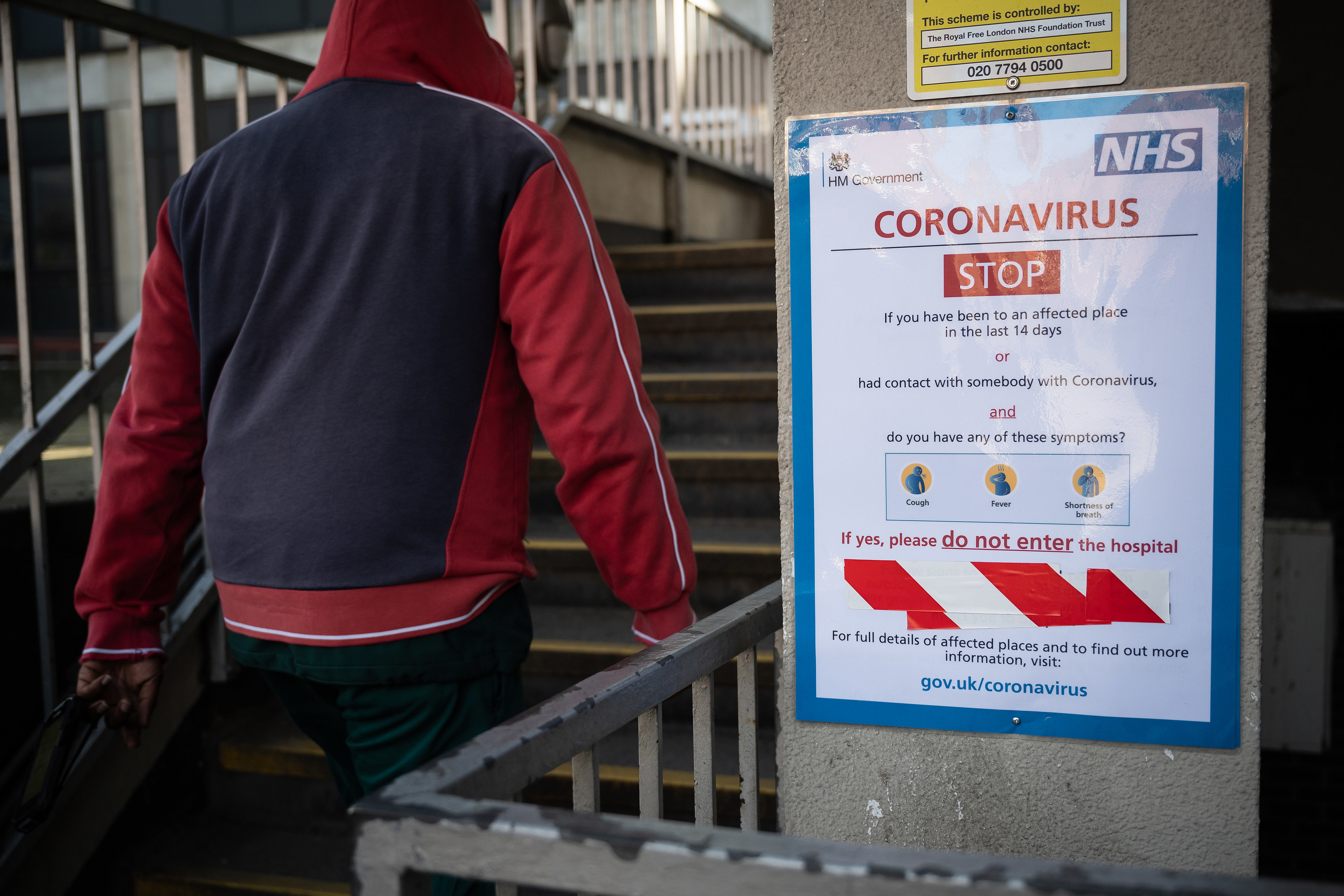
Sarah, a 26-year-old secondary school teacher in north London, also told BuzzFeed News that she had to be hospitalised after contracting the coronavirus.
Feeling tired and unwell for two days, Sarah said she then rapidly deteriorated. “Bam. I flopped on the couch. Blacked out. Vomited. Coughing fit. Stopped breathing for a second.”
“I fluctuated with symptoms of feeling better to becoming horrendous quite rapidly. 3 hours later. Started to feel sick — quickly turned into needing to be sick, but as I stood up, my body buckled under myself. Blacked out again. Came to and started struggling to breathe.”
Sarah said she felt she shouldn’t go to hospital because she is young and seemingly not a high risk.
“I was unsure whether to go in to hospital. I felt as though I would be wasting valuable resources. And they may turn me away as we can deal with it at home. Essentially, they basically told us, only come in if you're old and can't cope, or if you’re younger but are gasping for every second to the point of death. (NHS 111 words.)”
That evening, Sarah began to feel worse — “I was in a really bad way” — so her boyfriend took her to the Royal Free Hospital. On Sunday, she tested positive for the coronavirus.
“I also contracted a secondary upper respiratory bacterial disease, which was mild so was treated via IV,” she said. “I am severely dehydrated, so been ordered fluids, and now I'm home, I must drink 4 litres of water in 24 hours as my kidney function is poor.” After seven days, Sarah says she is now starting to feel better.
This is me last week a healthy 28 year old no prior medical issues in hospital fighting Corona Virus leading to Pneumonia and Sepsis. Luckily this weekend I was discharged and allowed to return home. It can happen to anybody don’t be selfish. Please stay home! #COVID19 #COVIDー19
Anecdotally, hospitals are seeing similar stories across the UK. Ryan Van Waterschoot, a healthy 28-year-old, has spoken to the media after spending 10 days in Peterborough City Hospital with complications arising from COVID-19.
“I’ve always been fit and healthy, that’s the biggest shock about it. It went from 0 to 100 so fast,” Ryan told the BBC. “When I tested positive it was horrendous. You’re on your own, you just think you’re going to die... It was the scariest moment of my life.”
Areema Nasreen, a 36-year-old nurse who is described as “normally fit and healthy”, has been on a ventilator at Walsall Manor Hospital.
“I want everyone to know how dangerous this is,” her sister Kazeema told Birmingham Live. “My sister is only 36 and is normally fit and healthy. People are not taking this seriously enough. She is young — it is not just the elderly who are at risk.”
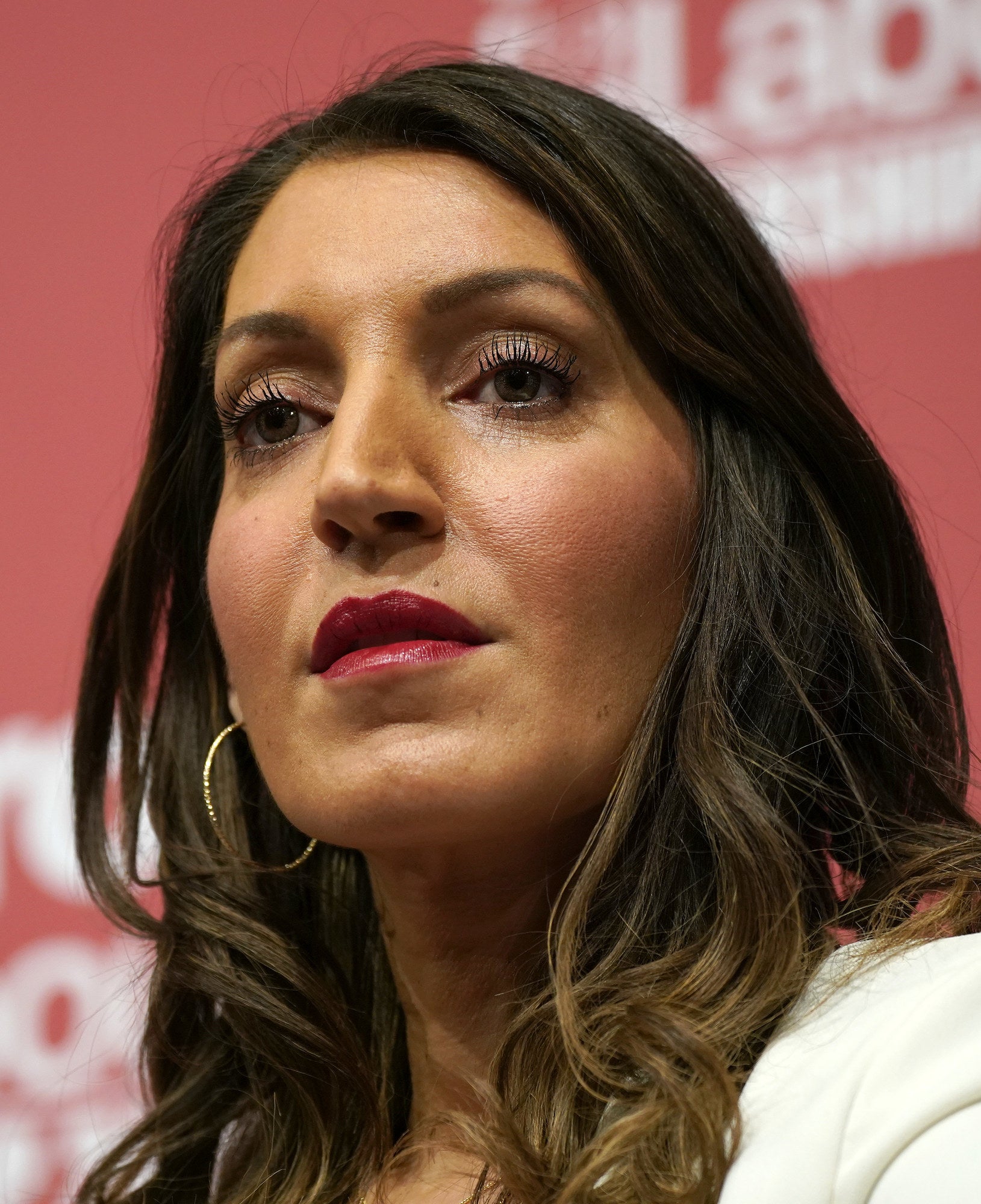
Speaking to BuzzFeed News, Allin-Khan, the Labour MP and doctor who returned to her hospital's accident and emergency department this weekend to help, warned that London hospitals were seeing young patients needing intensive care.
“One of the most frightening aspects of this is that people are of the belief that it’s just older people and people with comorbidity [at risk] when in fact it isn’t, it doesn’t discriminate,” she said.
“Obviously someone’s body is going to find it harder to cope if they’re older or immunocompromised, but at St George’s there are people in intensive care in their thirties.
“When I came on shift yesterday, there were people in their forties with no underlying medical conditions — this is what is so frightening.”
Allin-Khan called on the UK government to release more data about how the virus was impacting young people and people of different age groups, saying she was “at a loss” as to why the government was not issuing more direct warnings to young people about the risks.
“We’re discovering new things about how the virus can affect people every day, and the government must target their messages according to any new information that we find,” she said.
Sutherland told BuzzFeed News that young people have to take the advice on social distancing seriously.
“My impression from talking to other people who've had it is that I'm unusual/unlucky — the few other people I've talked to, of various ages, have had a cough/temperature for a few days and it's gone away.
“But there's just absolutely no way anyone should risk having the symptoms I've had. Even though I've not needed hospital, it's been really unpleasant and scary. People should be following whatever government advice they can to avoid this, and to avoid the possibility of giving someone else symptoms like mine.”




